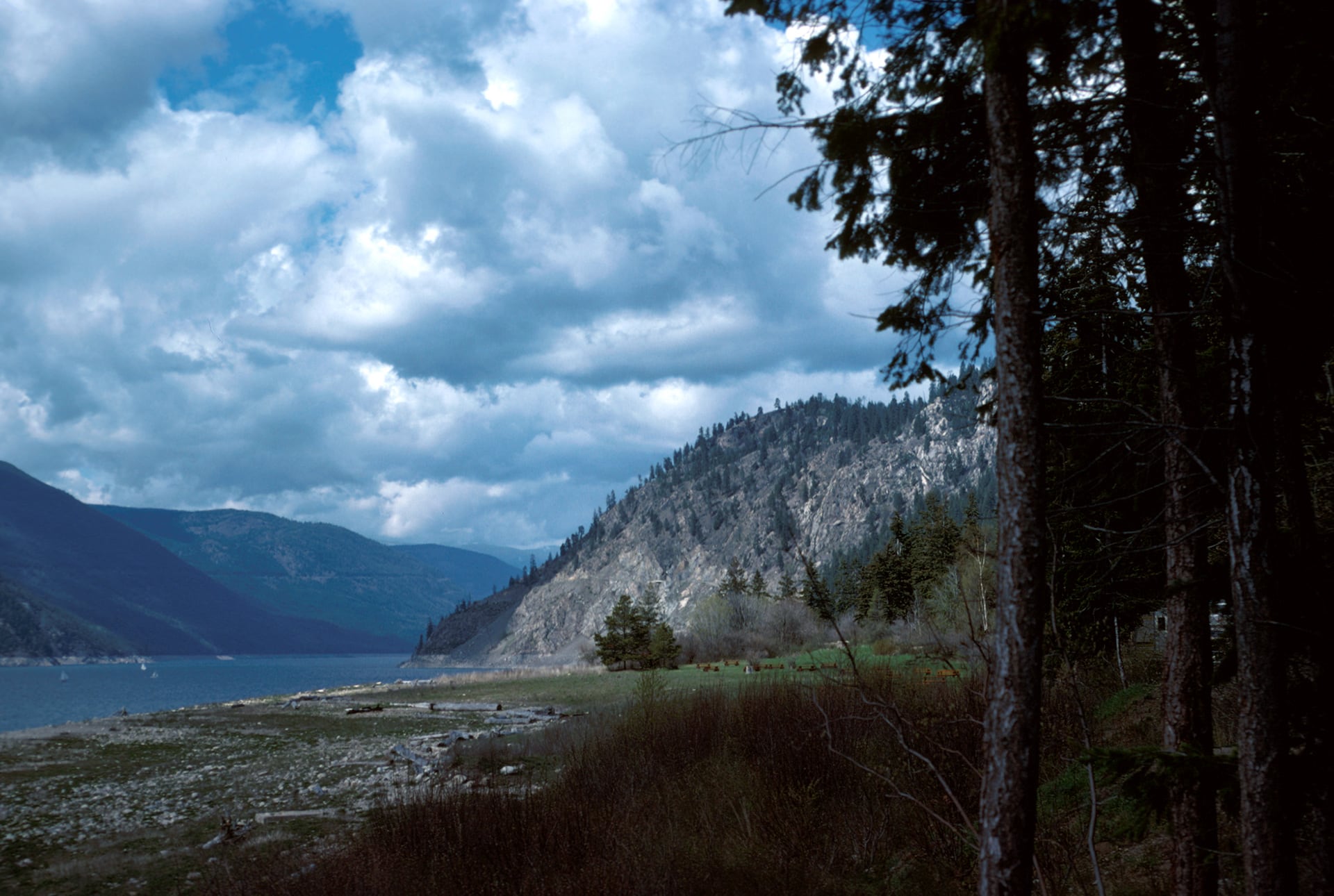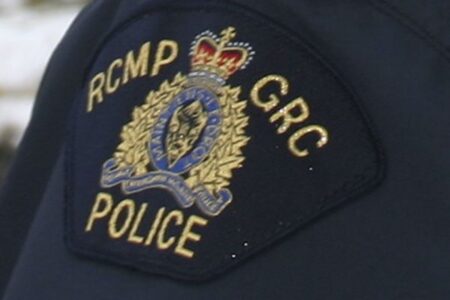Parks licence plates drive improvements for BC Parks
The BC Parks Licence Plate Program is marking its five-year anniversary, and more than 300 diverse projects and programs have been supported to further protect and enhance B.C.’s world-renowned parks system.
People with specialty BC Parks licence plates are supporting student rangers and many other initiatives that help parks in a variety of ways, such as purchasing adaptive outdoor recreation equipment so more people can enjoy the outdoors and planting thousands of whitebark pine seedlings to restore the endangered species.
“It is very gratifying to see such broad support for our BC Parks Licence Plate Program. People are happily taking meaningful actions to protect and preserve the rich natural legacy of our province,” said George Heyman, Minister of Environment and Climate Change Strategy. “The licence plate program has had an incredible impact on our parks right across the province by contributing to the protection and preservation of unique species, sensitive ecosystems, Indigenous culture and history. I love seeing the parks plates becoming increasingly common.”
During the past five years, more than 300,000 speciality BC Parks licence plates have been sold, generating more than $20 million in total revenue for the program, including funding for projects in conservation, Indigenous reconciliation, engagement, education and inclusion, as well as fire-based ecosystem and land management. The projects have involved more than 200 community partners and more than 70 First Nation partners.
With more people visiting provincial parks, the Discover Parks Ambassador Program is becoming increasingly important and is an example of the many projects supported by the licence plate program. Piloted in 2020 through a partnership between BC Parks and the BC Parks Foundation, the ambassadors can be seen in parks throughout the province, connecting people with nature and providing education about how to be safe and responsible in the outdoors.
“British Columbians’ love for parks and support for the licence plate program comes back to them through the discover parks ambassadors,” said Andy Day, CEO, BC Parks Foundation. “These are great jobs for young people who are making visitor experiences better, building pride and stewardship in parks and helping reduce litter, safety incidents and human-wildlife conflicts. It’s a great win all around.”
At Cultus Lake Provincial Park, BC Parks has partnered with the Fraser Valley Invasive Species Society to control invasive plants and work toward restoring an important conservation area for the Oregon forestsnail, which has a significant impact on the overall health of the forest ecosystem. The Maple Bay camping and day-use area in the park provides valuable habitat for the threatened species, but invasive plants and past recreational activities are affecting that habitat. To restore the area as prime snail habitat, the society plans to remove infestations of invasive plants, replant native species, including stinging nettle, and place woody debris where snails can seek refuge and sleep. Volunteers from the local community have also helped remove invasive plants.
“The Fraser Valley is one of the last remaining areas where Oregon forestsnails exist. Unfortunately, over the years Maple Bay has been a site where garden-waste dumping and recreational activities have negatively impacted the forest understory,” said Kathy Ma Green, executive director, Fraser Valley Invasive Species Society. “The Fraser Valley Invasive Species Society is grateful for funding from the licence plate program, which will help remove the invasive plants and restore this important space for the snails.”
Other initiatives supported by the licence plate program include youth employment through the student ranger program, wildlife inventories, Indigenous interpretive programs in parks, wildfire fuel mitigation, managing invasive species, educational materials for children and families, and restoration of wetlands, coastal bluffs and other sensitive ecosystems.
“British Columbians who purchase a BC Parks licence plate can take pride in knowing they are supporting projects that are making real improvements in our spectacular parks,” said Kelly Greene, Parliamentary Secretary for Environment. “It’s exciting to see the many partnerships with community groups and First Nations, and the resulting improved visitor experience and healthier park environments. I encourage everyone to consider a BC Parks plate when they insure their vehicle.”
The licence plate program is a partnership between the Province and ICBC. Motorists can choose one of three speciality plate designs depicting scenes from B.C.’s parks and protected areas. All net proceeds from the sale and ongoing renewals of BC Parks licence plates are reinvested into provincial parks through the Park Enhancement Fund – a special account where revenues enhance programs or services in provincial parks beyond the core services provided by government.
Learn More:
A full report about the first five years of the BC Parks Licence Plate Program and the projects it has supported is available online: www.bcparks.ca/licence-plates
For more information about BC Parks, visit: www.bcparks.ca


























Comments